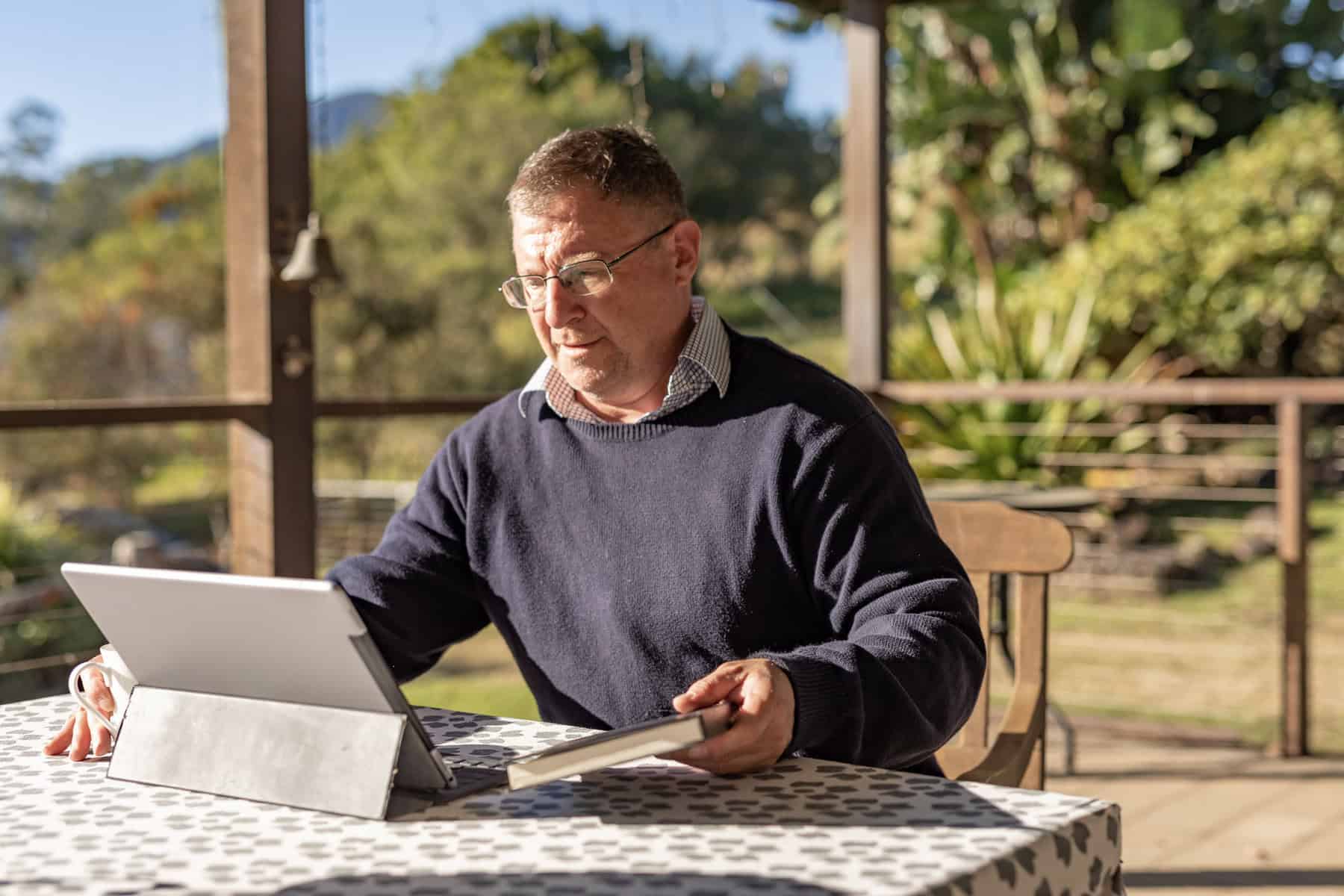
In a country celebrated for its quality of life, stark inequities in healthcare for rural and remote Australians persist, with life expectancy for the 28% of Australians living in these communities trailing by up to 16 years compared to metropolitan areas.
A groundbreaking study by Queensland’s Wesley Research Institute, published in Nature’s new journal npj Health Systems, reveals that entrenched biases and systemic barriers are perpetuating these inequities, calling for an urgent reimagining of healthcare delivery across Australia.
Every Australian, regardless of postcode, deserves access to high-quality healthcare
Dr Olivia Fisher, Virtual Hospitals and Healthcare Program Lead
“Yet, our system has historically accepted ‘better than nothing’ as good enough for rural and remote communities.
“This approach is costing lives, with preventable hospitalisations, premature deaths and a life expectancy gap that should outrage every one of us.”
The research, led by Dr Olivia Fisher (Virtual Hospital and Healthcare Program Lead), Kelly McGrath (PhD Student), Caroline Grogan (Research Fellow) and co-authored by representatives of UnitingCare Queensland, highlights that not all conditions can be managed virtually, but for those that can, patients experience better quality of life at home or locally without the disruption of travel. Evidence confirms that well-designed virtual hospitals deliver outcomes equivalent to traditional healthcare.
Publication:
McGrath, K., Grogan, C., Barron, A. et al. Clinicians’ and healthcare leaders’ perspectives on suitability of virtual healthcare in metropolitan versus rural areas. npj Health Syst. 2, 7 (2025). https://doi.org/10.1038/s44401-024-00007-y
Other research shows per capita healthcare spending in metropolitan areas is $848 higher annually than in rural and remote regions, debunking the myth that rural areas receive disproportionate funding. Further, a lack of timely access to medical specialists can have devastating consequences, but without virtual healthcare, there is no other option for many people than costly and time-consuming travel to major cities to access treatment.
One of the study’s key insights is the unconscious bias among healthcare leaders and clinicians, which implicitly accepts lower standards of care for rural and remote populations.
This bias influences healthcare service design, perpetuating a geographically tiered system. Regardless of the evidence of virtual healthcare’s safety and effectiveness, it’s often viewed as a substandard option for people in major cities – but acceptable for rural and remote areas.
The evidence is clear that well-designed and delivered virtual hospitals and healthcare services have equivalent health outcomes and mortality rates to traditional hospital and health services. Virtual healthcare offers a lifeline for remote communities but must be implemented to the same standard as traditional healthcare in metropolitan areas.
“Our research is about recognising unconscious bias and addressing it, not about criticising individuals,” said Dr Fisher.
Virtual healthcare, when done right, has the potential to save lives by bridging the gap in access. But we must aim higher than just ‘better than nothing’ – we must deliver an equal standard of care
Dr Olivia Fisher
The researchers urged policymakers, healthcare leaders and clinicians to read the publication, examine their own biases, dismantle urban-centric healthcare models and adopt equitable, innovative approaches.
Investment in high-quality virtual healthcare solutions, combined with localised models, is essential to ensuring that Australians in the bush and beyond receive the same quality of care as their city counterparts.
Your postcode should not determine your health outcomes or your lifespan
Dr Olivia Fisher
“Virtual services can give hope and access to life-saving healthcare for people outside of the major cities, but we need to address this bias so we’re not accidentally reinforcing the inequities people in rural and remote areas already face”.
“Every Australian has the right to live a long, healthy life, no matter where they call home.”
Their publication was recently featured in The Conversation.